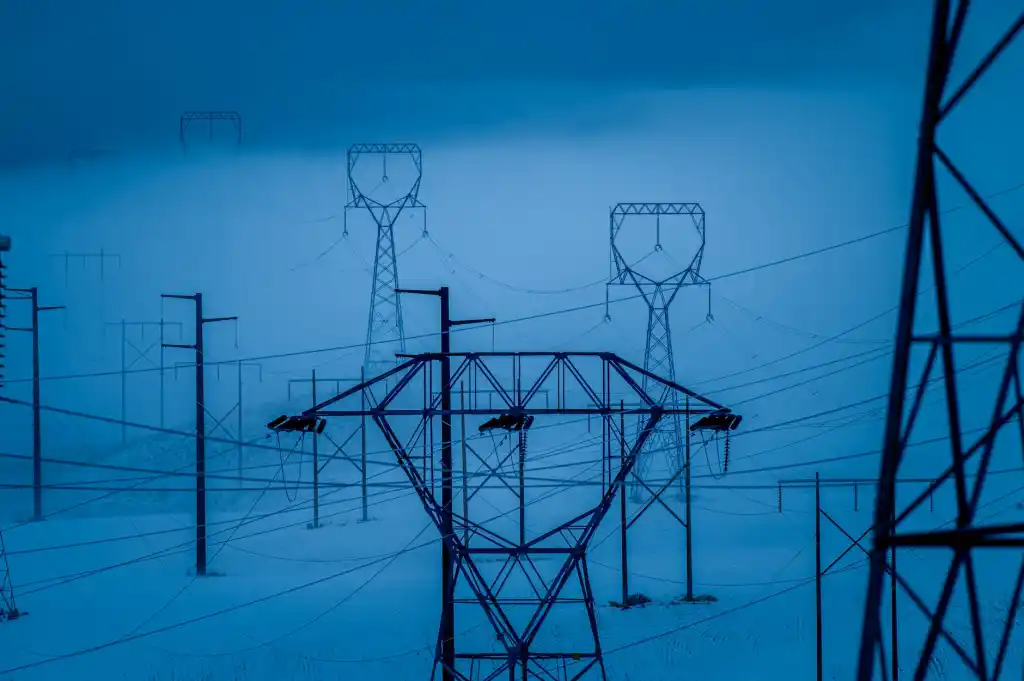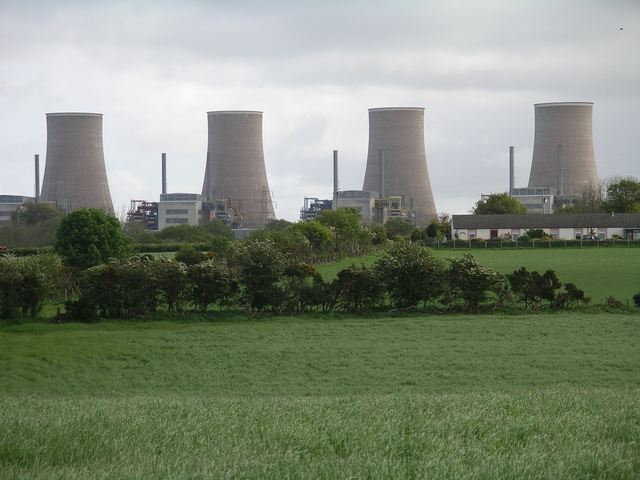Hydrogen is often touted as the fuel of the future, a clean and abundant energy source that can power everything from cars to homes to industries. But how realistic is this vision and what are the challenges and opportunities of developing a hydrogen economy? In this article I will recommend five books that provide a comprehensive overview of the potential of hydrogen and the drawbacks and limitations of it. These books cover different aspects and perspectives of hydrogen energy, such as technical, economic, environmental, social and political. They also offer a balanced and critical assessment of hydrogen as an alternative to fossil fuels and other low-carbon technologies. Whether you are a curious reader, a student, a researcher or a policy maker, these books will help you gain a deeper understanding of the hydrogen revolution and its implications for the future of energy and climate.
Our top 5 hydrogen book recommendations
- The Hydrogen Revolution by Marco Alvera
- The Hype About Hydrogen – Fact and Fiction in the Race to Save the Climate by Joseph J. Romm
- Hydrogen Energy: Economic and Social Challenges by Paul Ekins.
- The Hydrogen Economy: Opportunities and Challenges by Michael Ball
- Fossil Fuel Hydrogen: Technical, Economic and Environmental Potential by R. E. Hester
The Hydrogen Revolution
The first book I recommend is “The Hydrogen Revolution: A Blueprint for the Future of Clean Energy” by Marco Alverà. This book explains why hydrogen can be a key solution to the climate crisis and how it can be integrated into the existing energy system. It also explores the challenges and opportunities of developing a hydrogen economy and the role of policy and innovation. The author, Marco Alverà, is the CEO of Snam, Europe’s largest natural gas infrastructure company, and a leading advocate of hydrogen energy. He draws on his extensive experience and expertise to provide a clear and compelling (but somewhat biased) vision of how hydrogen can transform the world of energy and create a more sustainable and prosperous future.

The Hype About Hydrogen – Fact and Fiction in the Race to Save the Climate
Continuing the exploration of hydrogen energy, my next recommendation is “The Hype About Hydrogen – Fact and Fiction in the Race to Save the Climate” by Joseph Romm. While Marco Alverà’s book paints an optimistic picture of hydrogen’s potential, Romm critically examines the current state of hydrogen technology and its role in addressing climate change. Romm, a respected climate expert, evaluates the promises and pitfalls of hydrogen, dissecting the hype surrounding it. This book serves as a valuable counterpoint, offering a balanced perspective that delves into the challenges and separating reality from wishful thinking. To truly grasp the nuances of hydrogen’s future, it’s essential to consider both the enthusiastic projections and the critical evaluations presented by these two thought-provoking books.

Hydrogen Energy: Economic and Social Challenges
Diving deeper into the complexities of hydrogen energy, another insightful read is “Hydrogen Energy: Economic and Social Challenges” by Paul Ekins. In contrast to the accessible tone of Marco Alverà’s blueprint and the critical examination by Joseph Romm, Ekins’ work takes a comprehensive approach, addressing both economic and social aspects of the hydrogen revolution. As an experienced economist and professor, Ekins provides a thorough analysis of the challenges associated with implementing hydrogen technologies on a broad scale. The content is detailed and thorough, making it more akin to a textbook. For readers seeking a deep understanding of the multifaceted challenges posed by the hydrogen revolution, Ekins’ book proves to be an invaluable resource.

The Hydrogen Economy: Opportunities and Challenges
Before delving into the complexities of fossil hydrogen, a highly recommended addition to your exploration of hydrogen energy is “The Hydrogen Economy: Opportunities and Challenges” by Michael Ball. Offering a balanced and comprehensive overview, Ball addresses the potential and hurdles associated with the hydrogen economy. Through a detailed examination of opportunities and challenges, he provides readers with a nuanced understanding of the various dimensions involved in transitioning to a hydrogen-based energy system. Ball’s expertise in the field, coupled with his ability to present technical concepts in an accessible manner, makes this book a valuable read for those seeking a well-rounded perspective.

Fossil Fuel Hydrogen: Technical, Economic and Environmental Potential
Concluding the list of perspectives on hydrogen energy, “Fossil Fuel Hydrogen: Technical, Economic, and Environmental Potential” by R. E. Hester provides a crucial viewpoint by delving into the possibilities and challenges associated with fossil hydrogen. Hester’s work sheds light on the technical aspects, economic implications, and environmental considerations of utilizing fossil fuels in hydrogen production. It’s essential for readers to recognize that while this perspective contributes to the overall understanding, reliance on fossil hydrogen is considered a temporary solution. In fact, some argue it might act as a distraction rather than a definitive solution, diverting attention from the imperative transition to sustainable and renewable sources. Thus, Hester’s exploration serves as a reminder that a nuanced understanding of the entire spectrum of hydrogen possibilities is crucial for informed decision-making in the pursuit of a cleaner energy future.

Conclusion
In conclusion, exploring the world of hydrogen energy through a diverse range of perspectives is essential for a holistic understanding of its potential impact on our future. From Marco Alverà’s optimistic blueprint to Joseph Romm’s critical examination, Paul Ekins’ thorough analysis of economic and social challenges, to R. E. Hester’s exploration of fossil hydrogen, each book contributes a unique facet to the broader conversation. For readers hungry for more, The Top 5 Energy Books You Need to Read offers a broader perspective on the dynamic landscape of clean energy solutions beyond hydrogen. Want to read more about environmental issues? You might like our essential environmental reading list.





One response to “Best books on hydrogen energy”
[…] Synthetic methane, also known as e-methane, is another renewable alternative to natural gas. It is produced by reacting carbon dioxide with hydrogen through a catalyst. The hydrogen is produced from water via electrolysis, preferably using renewable energy, and the carbon dioxide can be captured from the air or exhaust gases. This process converts these elements into synthetic methane, which can be used in the same way as natural gas. Interested readers might want to check our list of best books on hydrogen […]
LikeLike